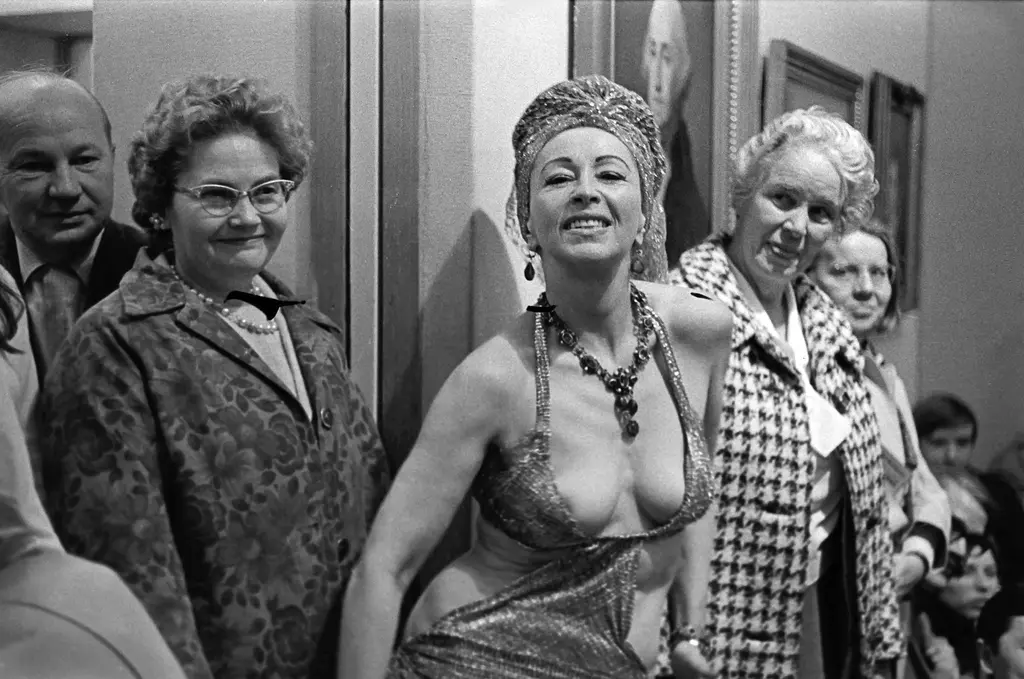Kazuo Ishiguro had to work a tough job to truly understand human nature
- Text by Huck HQ / D'Arcy Doran
- Photography by David Harrison

#26 – Kazuo Ishiguro
Before he was a Booker Prize-winning author, Kazuo Ishiguro was a social worker in a London homeless shelter. In his novels, including Never Let Me Go, The Remains of the Day and The Buried Giant, the truth lies in the gaps between what his narrators say and what they actually do. He tells how a tough job taught him about the extremes of human nature and helped shape him as a writer.
“At formative points in my growing up, I did social work. I worked in community development in Scotland for a short while and I worked with homeless people in London for two or three years. Those periods of experience did go into my first novels, but not in a direct way. I was never tempted to write about the homelessness scene in a realistic way. I felt a bit guilty about this, but I used to work in a homeless hostel in west London.”
“It was almost like a crash course in seeing the frailties of human beings and all the things that can actually destroy people. You saw a whole wide range of examples just paraded in front of you, one after the other. When you’re dealing with homeless people, they’re homeless for a huge variety of reasons and it can get a bit depressing. But when you’re young and slightly idealistic and naive, as I was then, there’s a kind of culpable detachment you have to these people. You think you’re going to be able to help them – they’re going to get better, they’re going to get better, it’s just a temporary thing. You end up seeing so many people in different stages of distress and their lives unravelling. You see people without their natural defences.”
This is just a short excerpt from Huck’s Fiftieth Special, a collection of fifty personal stories from fifty inspiring lives.
Grab a copy now to read all fifty stories in full. Subscribe to make sure you don’t miss another issue.
You might like

Remembering New York’s ’90s gay scene via its vibrant nightclub flyers
Getting In — After coming out in his 20s, David Kennerley became a fixture on the city’s queer scene, while pocketing invites that he picked up along the way. His latest book dives into his rich archive.
Written by: Miss Rosen

On Alexander Skarsgård’s trousers, The Rehearsal, and the importance of weirdos
Freaks and Finances — In the May edition of our monthly culture newsletter, columnist Emma Garland reflects on the Swedish actor’s Cannes look, Nathan Fielder’s wild ambition, and Jafaican.
Written by: Emma Garland

Capturing life in the shadows of Canada’s largest oil refinery
The Cloud Factory — Growing up on the fringes of Saint John, New Brunswick, the Irving Oil Refinery was ever present for photographer Chris Donovan. His new photobook explores its lingering impacts on the city’s landscape and people.
Written by: Miss Rosen

Susan Meiselas captured Nicaragua’s revolution in stark, powerful detail
Nicaragua: June 1978-1979 — With a new edition of her seminal photobook, the Magnum photographer reflects on her role in shaping the resistance’s visual language, and the state of US-Nicaraguan relations nearly five decades later.
Written by: Miss Rosen

A visual trip through 100 years of New York’s LGBTQ+ spaces
Queer Happened Here — A new book from historian and writer Marc Zinaman maps scores of Manhattan’s queer venues and informal meeting places, documenting the city’s long LGBTQ+ history in the process.
Written by: Isaac Muk

Nostalgic photos of everyday life in ’70s San Francisco
A Fearless Eye — Having moved to the Bay Area in 1969, Barbara Ramos spent days wandering its streets, photographing its landscape and characters. In the process she captured a city in flux, as its burgeoning countercultural youth movement crossed with longtime residents.
Written by: Miss Rosen